Subtotal: $16.79
Holman Illustrated Guide To Biblical Geography: Reading the Land Hardcover – Illustrated,2020 by Paul Wright
HARDCOVER
[440 pages]
PUB:November 01, 2020
Description
Reading the land enables us to read the Bible with greater insight. Though the truths of the Bible transcend time and place, they are rooted in them. Geographical data inform our understanding of activity in the land of the Bible, while the Bible’s own description of these events, embedded deeply in the realia of the land itself, helps us better understand the living context in which these events took place. When we develop a skill set that allows us to read the land of the Bible as fluently as we might read the text, we stand not only to gain a better appreciation of the divine-human events of Scripture, we also gain an understanding of how these events become relevant to us in our own particular living contexts.
Chapters include:
- Exploring the World of the Bible
- Building Blocks of Biblical Geography
- The Land of Ancient Israel: The Southern Regions (Judah/Judea)
- The Land of Ancient Israel: The Central Regions (Israel/Samaria)
- The Land of Ancient Israel: The Northern Regions (Galilee)
- Transjordan
- Afterword: Geography of the Heart
Biblical geography has great apologetic value. The biblical writers had to be accurate when presenting geographical material. Unlike some matters of history and doctrine, their assertions about the realities of land forms and climate, or about the relation of one city to another, or about the use of strategic routes could easily be verified both by their first readers as well as by contemporary readers. Verifiable geographic information provides a solid foundation on which to place and evaluate the veracity of other truth claims in the biblical text.
| Weight | 4 lbs |
|---|---|
| Dimensions | 12 × 9 × 1 in |
| Author | |
| Format | |
| ISBN-10 | |
| Language | |
| Publication Date | |
| Publisher |
Be the first to review “Holman Illustrated Guide To Biblical Geography: Reading the Land Hardcover – Illustrated,2020 by Paul Wright”
You must be <a href="https://webdelico.com/my-account/">logged in</a> to post a review.

 Magic Lessons: The Prequel to Practical Magic by Alice Hoffman
Magic Lessons: The Prequel to Practical Magic by Alice Hoffman 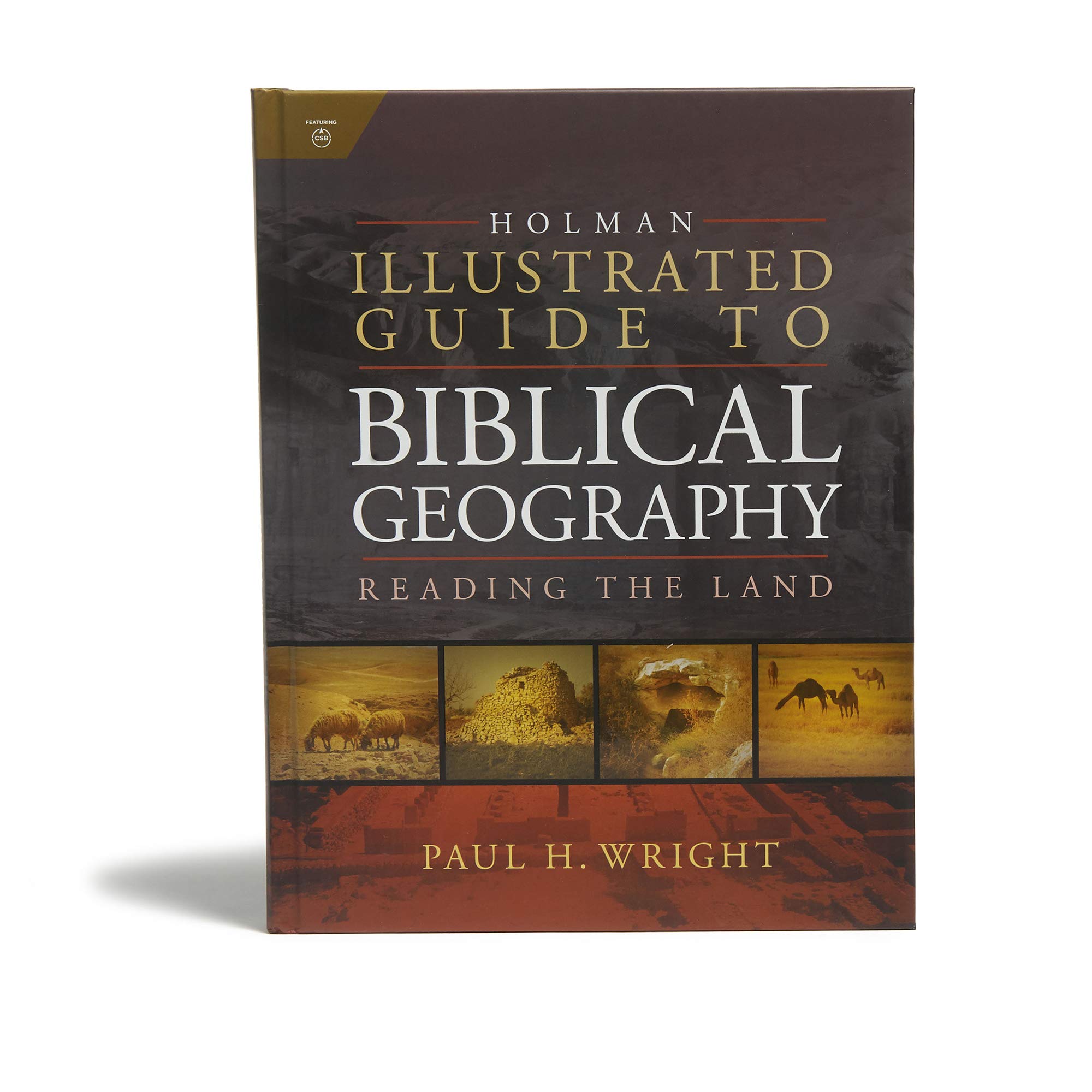

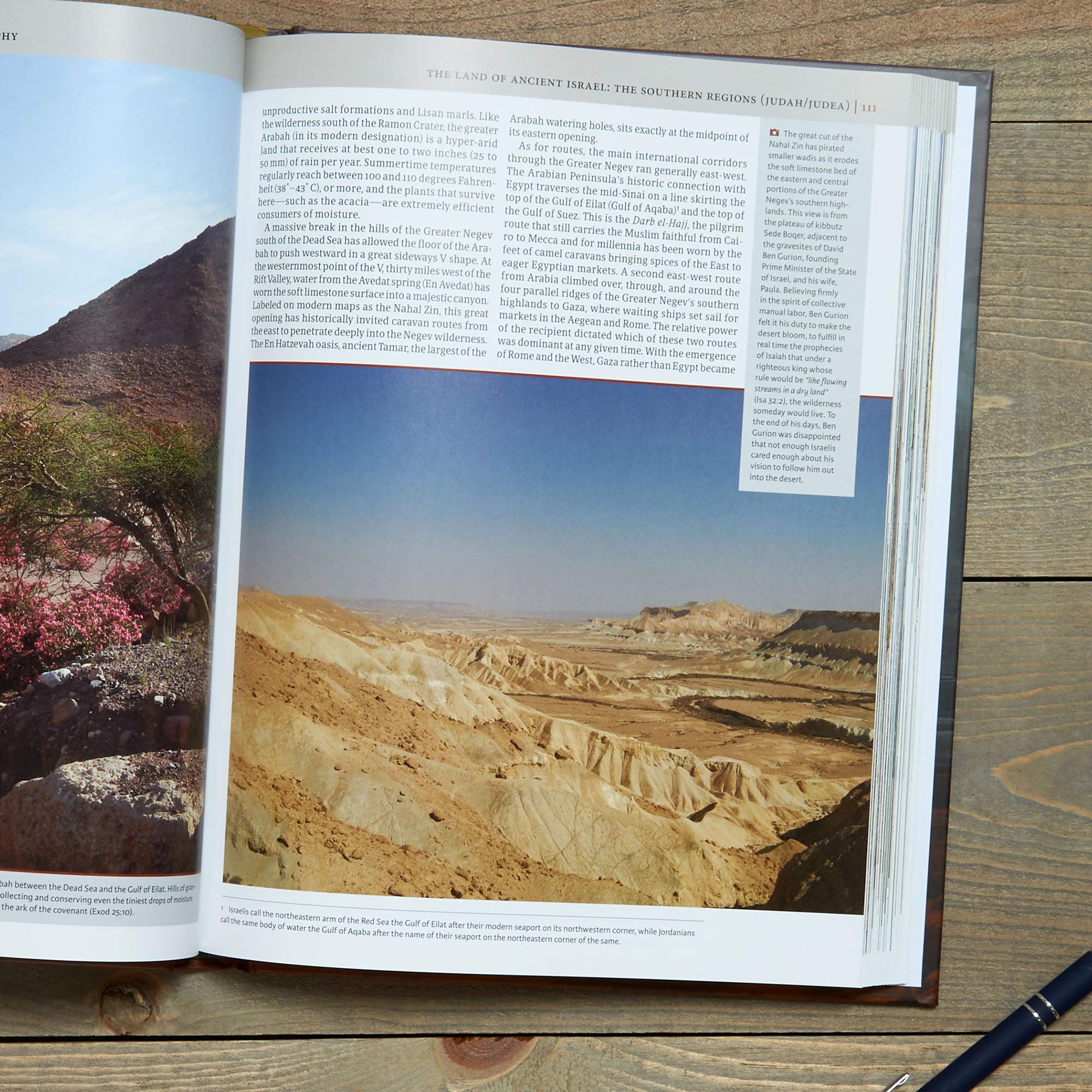

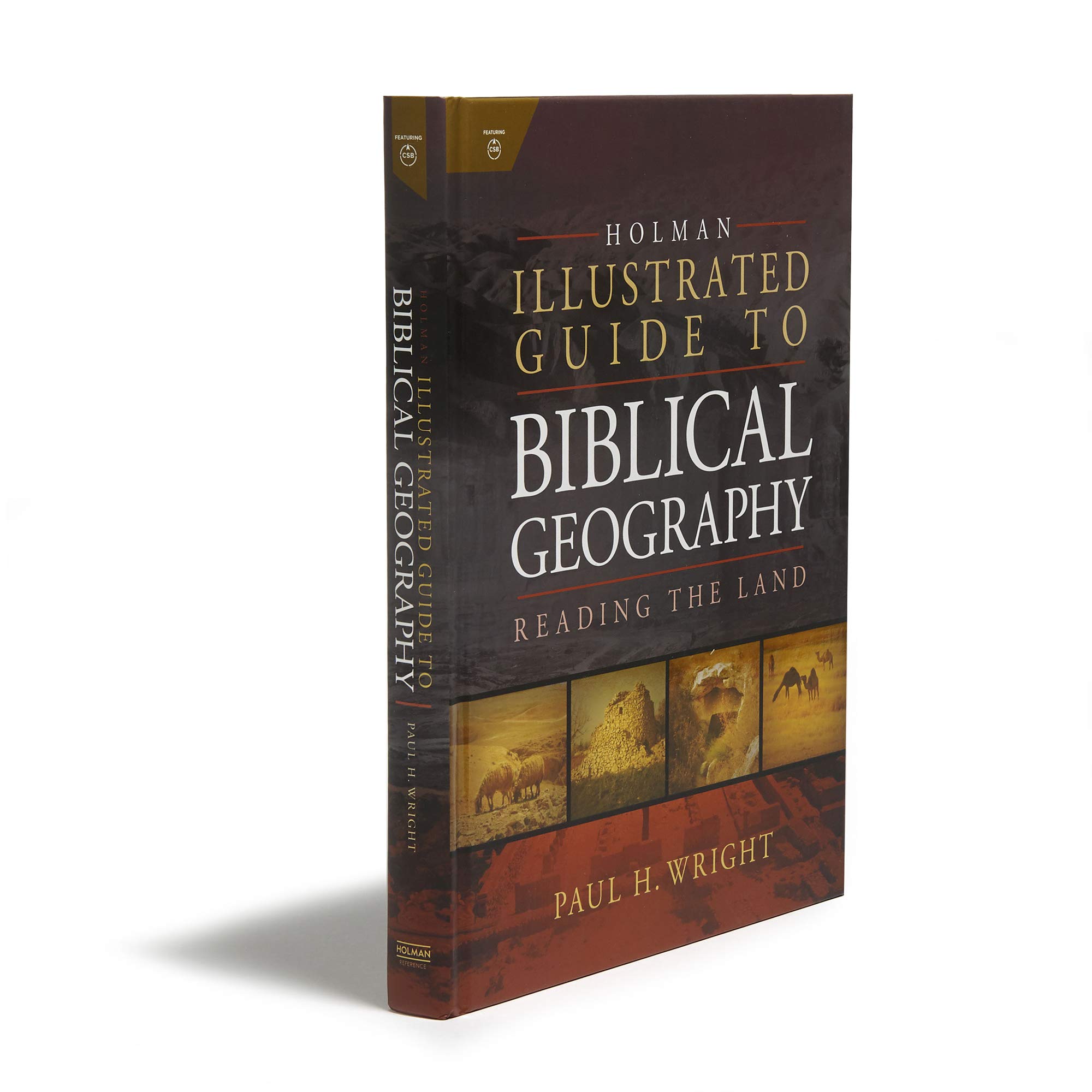
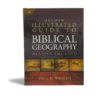
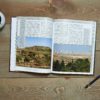






































There are no reviews yet.